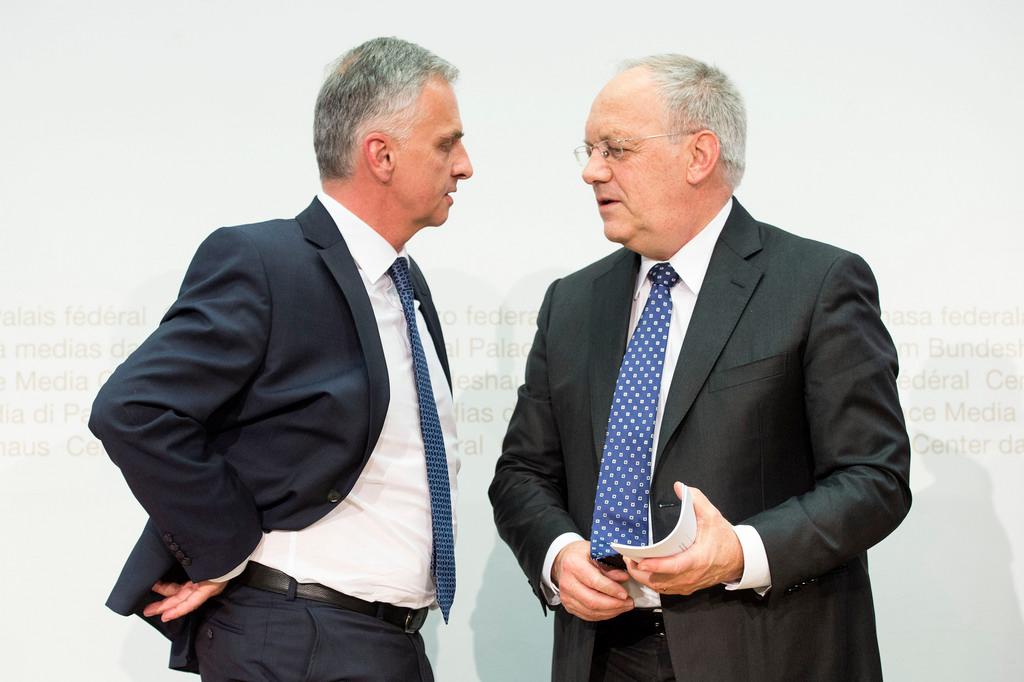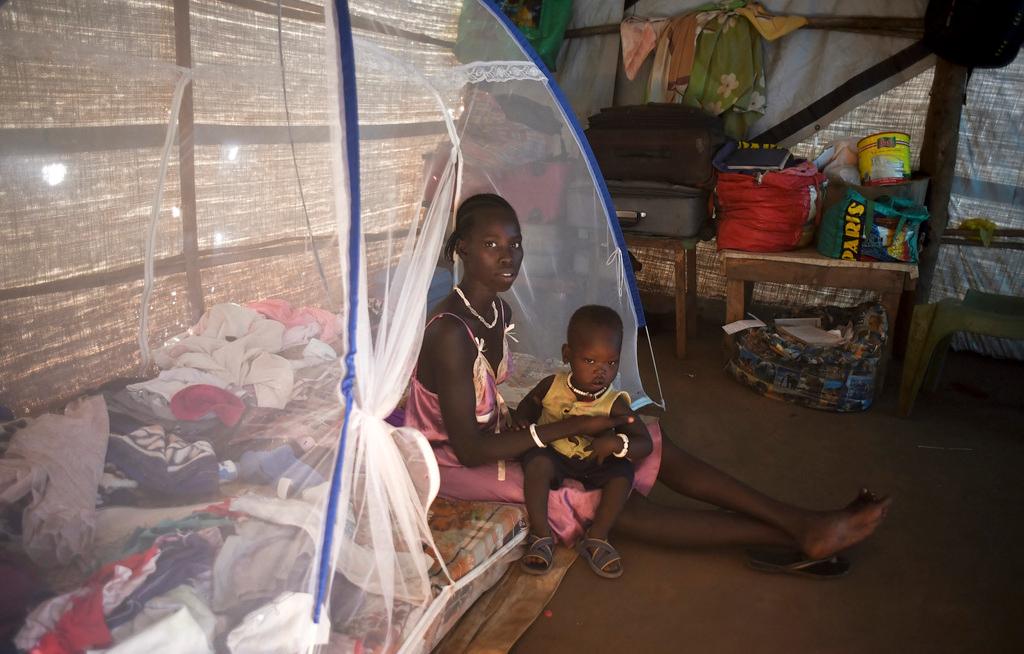Funds for aid programmes almost unchanged

The government has earmarked just over CHF11 billion ($11.2 billion) for international cooperation over the next four years, including development and humanitarian aid as well as trade promotion and other economic measures.
Foreign Minister Didier Burkhalter said the funds, which are subject to approval by parliament, were roughly unchanged compared with the previous financial package.
The government plans to boost humanitarian emergency aid – CHF2.1 billion – to help refugees in the Middle East, according to a joint statement by the foreign and economics ministries.
The bulk of the money – CHF6.6 billion – is destined for development aid projects.
The main aim of Switzerland’s cooperation policy is the fight against poverty, environmental problems and climate change.
For the first time the financial strategy package includes a contribution towards peace promotion.
The government said a coordinated approach would allow Switzerland to help tackle current conflicts and the resulting refugee crisis.
Criticism
By 2020, Switzerland’s contribution to development aid is likely to drop below the 0.5% threshold of Gross National Income set by parliament.
The longstanding United Nations target is 0.7%, but only five countries have met it, according to the Organization for Economic Co-operation and Development (OECD).
The conservative right Swiss People’s Party has criticised the government for spending not enough money on immigration and failing to include all measures to house asylum seekers in the framework credit package.
Alliance Sud, the Swiss alliance of development organisations, criticised the move, saying that “only long-term development cooperation tackles the structural causes of poverty and hardship”, adding that this would mean Switzerland could only respond to crises, instead of working to prevent them.

In compliance with the JTI standards
More: SWI swissinfo.ch certified by the Journalism Trust Initiative



You can find an overview of ongoing debates with our journalists here . Please join us!
If you want to start a conversation about a topic raised in this article or want to report factual errors, email us at english@swissinfo.ch.